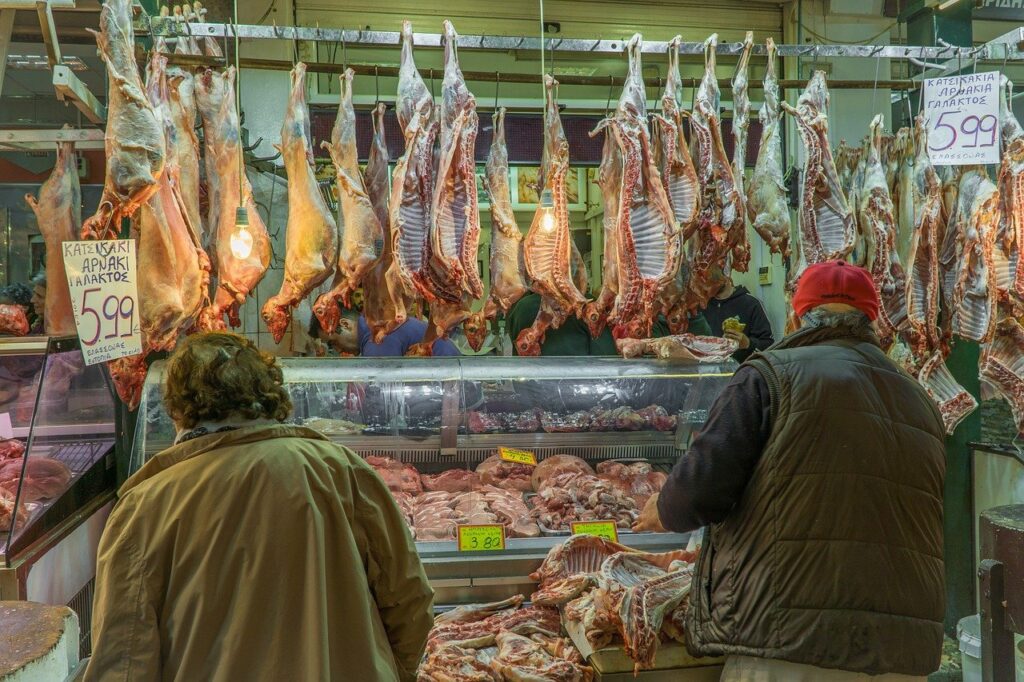As sex trafficking has soared in Venezuela, seemingly legitimate modeling agencies are repeatedly being linked to cases of human trafficking, often sending women abroad.
The most recent case came in late April when the Sambil modeling agency in Venezuela was raided by authorities and four employees arrested on human trafficking charges, including director Jenny Rosales.
Rosales was arrested at Caracas’ Maiquetia international airport as she sought to travel to the Dominican Republic. According to Venezuela’s Attorney General Tarek William Saab, Rosales took a number of the agency’s models and delivered them to a gang connected to illegal mining in the state of Bolívar. The agency’s owners, Centro Sambil, promptly issued a statement denying any wrongdoing and stating it had no knowledge of any illegal activities.
The investigation into Rosales had begun in March when she allegedly tried to take seven women to the municipality of Sifontes in Bolívar and sell them to a human trafficking ring run by a known gang boss, Fabio Enrique González Isaza, alias “Negro Fabio,” according to women’s rights non-governmental organization, Tinta Violeta, cited by El Pitazo.
.
InSight Crime Analysis
The Sambil Model scandal is far from the first time modeling agencies have faced such accusations in Venezuela.
In September 2019, the Belankazar modeling agency was found to have allegedly been posting photos of minors, in swimsuits and cocktails dresses, on YouTube, Instagram and Russian social media site VKontakte. Exclusive photos of these children were reportedly offered to paying customers. The children were identified as “Mini Models.”
However, Belankazar’s owners denied that any of these acts were illegal, stating that “in Latin American culture, especially Venezuela, it is more than accepted and normal that girls begin their training as models from an early age.”
Three of Belankazar’s owners were later arrested on charges of child exploitation but the agency remains active and the implicated executives remain prominently listed on its website.
And in 2018, the Miss Venezuela beauty competition was accused of running an alleged prostitution ring, offering its models to rich Venezuelan businessmen. The founder of Miss Venezuela and its director for more than 40 years, Osmel Souza, resigned in March 2018 after a number of former beauty queens accused him of forcing them into sexual work for paying customers. However, he vehemently rejected any involvement in such dealings and has never been charged with any crime.
In 2019, his agency took over the organization of the Miss Argentina and Miss Uruguay beauty pageants.
.
May 5, 2021, published on InSight Crime






